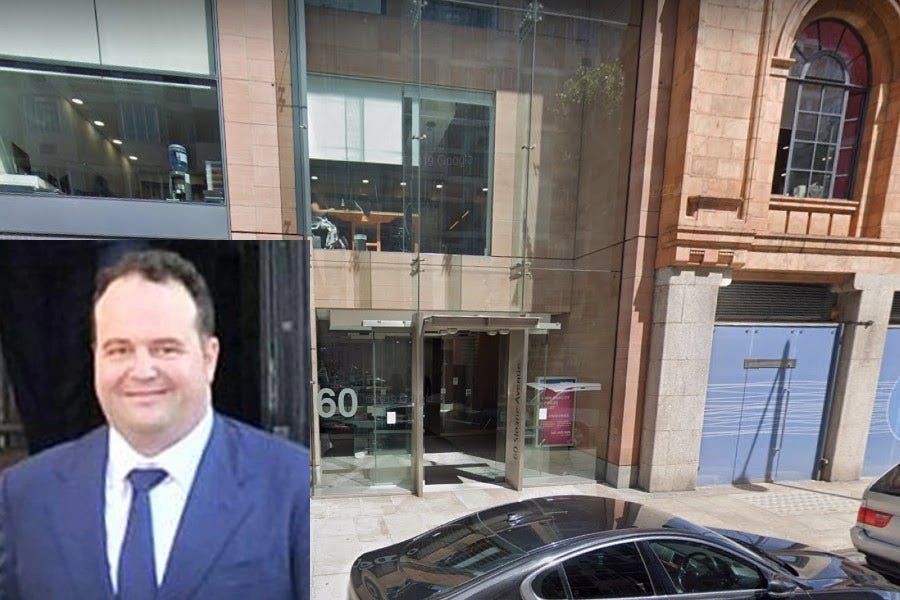After the opening day of the Vatican financial trial on July 27, lawyers for the prosecution and the 10 defendants have several months to evaluate their cases and prepare for when the court begins to meet in earnest, beginning the first week of October.
Substack is the home for great culture

